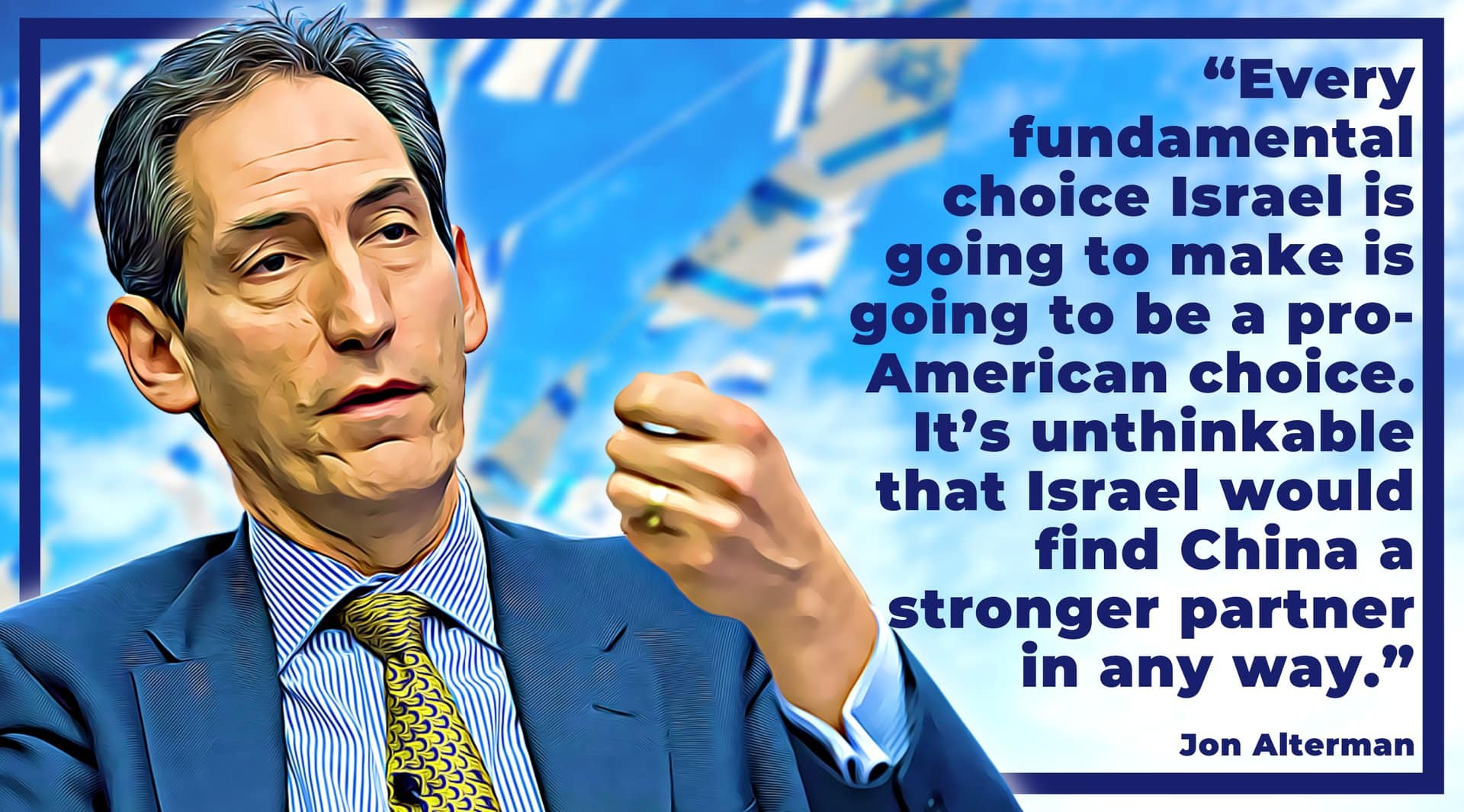In a meeting with UN officials last week, China’s special envoy for the Middle East, Zhai Jun, outlined the new role China sees for itself in the region. A Chinese government announcement said that “Zhai Jun expounded on China’s principled positions on relevant issues” and emphasised that “China is ready to continue to enhance communication and coordination with the United Nations on Middle East affairs, promote political settlement of regional hotspot issues, and jointly safeguard regional peace and stability.”
Albeit in the rather stilted language that’s common in such announcements, this statement is symbolic of a radical shift in Chinese thinking that’s occurred over the last few years. Beijing, which has long seen its role in the Middle East primarily as an economic one, is taking an increased interest in the politics and geopolitics of the region. Chinese diplomacy recently helped bring about about a peace deal between Saudi Arabia and Iran, in a sign of how seriously Beijing is taking its ambition to a major player in the Middle East.
After more than 7 years, Foreign Ministers of Saudi Arabia and Iran held historic meeting in Beijing, China on Thursday (6th).
— Zhang Meifang张美芳 (@CGMeifangZhang) April 6, 2023
𝗠𝗮𝗸𝗲 𝗣𝗲𝗮𝗰𝗲, 𝗡𝗼𝘁 𝗪𝗮𝗿!pic.twitter.com/4stGazgBIR
Especially given this comes at a time when American influence in the Middle East is perceived to have declined, these trends are inevitably going to have profound ramifications across the region. One country which is particularly exposed to all of this is Israel – a country tasked with balancing a deep, comprehensive relationship with the United States with extensive economic interests in China. As America and China wage a diplomatic battle for influence in the Middle East and around the world, can this balancing act hold?
Jon Alterman, Senior Vice President at the Center for Strategic and International Studies (CSIS) in Washington DC, believes it can. He told Disruption Banking that “Israel has comprehensive Western interests, from security interests, to political interests, to economic interests. Israel is a profoundly Western-orientated country – and has been since its founding.”
However, that doesn’t mean that Israel hasn’t taken an increased interest in China, particularly as the size of Chinese markets have grown over the last forty years or so. That isn’t necessarily diplomatically significant – practically every country in the world has tried to benefit from China’s economic rise in one way or another. In 2022, Israel’s trade with China grew to surpass $21 billion. Both countries have been working on a trade deal for several years which could finally be signed in 2023, a move which would further boost commerce between the two nations.
Exclusive: China, Israel in ‘last stages’ of Beijing’s first Middle East free-trade deal https://t.co/h0s3vmMY5N
— South China Morning Post (@SCMPNews) September 8, 2022
“As China’s economy has grown, and China’s Middle Eastern role has grown, Israel has sought to benefit from close ties to China,” Alterman said. “But that is alongside its Western relationships rather than at the expense of them. After all, the largest US trade partner in the world isn’t in North America, it’s China. Having strong ties with China is not a sign of turning away from the West – anymore than the US’ relationship with China is a sign of them turning away from the West.”
Of course, the economic relationship between Israel and China is far from all-encompassing. Several Israeli governments have been chastened by finding out there are areas where closer ties with China are “radioactive” to the US. The States has expressed particular concern about the involvement of Chinese companies in Israel’s deep-tech sector, especially technology with potential military uses. This issue goes as far back to the Bush administration, which was infuriated when Israel agreed to sell unmanned aerial vehicles to China – and went as far as to impose harsh sanctions on Jerusalem. At one point, Israeli defence officials were barred from the Pentagon.
Alterman recalls that the initial Israeli attitude was “we’re very good at counterintelligence, you don’t need to tell us what to do.” That attitude has, Alterman believes, shifted. “I remember having conversations with Israeli security officials, who were very self-confident that they understood where Chinese threats might come from. In recent years, they have been less self-confident and more interested in partnership with the United States.” This is an indication, perhaps, of Israel’s ongoing reliance on Washington and a sign that relations with China can only ever go so far. “Every fundamental choice Israel is going to make is going to be a pro-American choice. It’s unthinkable that Israel would find China a stronger partner in any way.”
Are there a set of potential circumstances where this begins to change? Alterman noted that the US-Israel relationship has certainly become more complicated in recent weeks, with the American government criticising the Netanyahu administration for its controversial judicial reforms. “Because Israeli politics are in such disarray, I don’t know where the US-Israel relationship ends up at the end of this,” Alterman told Disruption Banking. “It’s possible to imagine that the relationship becomes more strained. But it’s also possible that that Israelis rise up and say that threatening the US relationship is suicidal.” He believes that the current political turmoil in Israel will be solved in a “less explosive way” than most expect and “won’t strongly damage the US relationship, although it might take some toll.”
US President expresses 'concern' over planned judicial reform in Israel in phone call with Israeli Prime Minister Benjamin Netanyahu. https://t.co/pV11Oy4j7n
— euronews (@euronews) March 20, 2023
Much has been made of China’s growing presence in the Middle East – as well as Israel’s growing economic relationship with Beijing. Geopolitical tides in the region, and across the world, are certainly shifting. However, it would be a mistake to read too much into the growth of China-Israeli trade and commerce.
As Alterman noted, “Israel is a small country and feels it needs to be cognisant of what all the great powers are doing.” That’s partly why Israel continues to have a relatively strong – although complicated – relationship with Russia. And it’s why Israel seeks stronger economic and diplomatic relationship with Beijing, while maintaining its “fundamental” relationship with the United States. Being a small country and surrounded by often-hostile neighbours, Israel understandably feels that it needs to develop relationships wherever possible across the world.
“I think Israelis would say that it would be irresponsible not to pursue a wide variety of interests,” Alterman said. “Not at the expense of the US relationship, but to complement it.”
Author: Harry Clynch

















